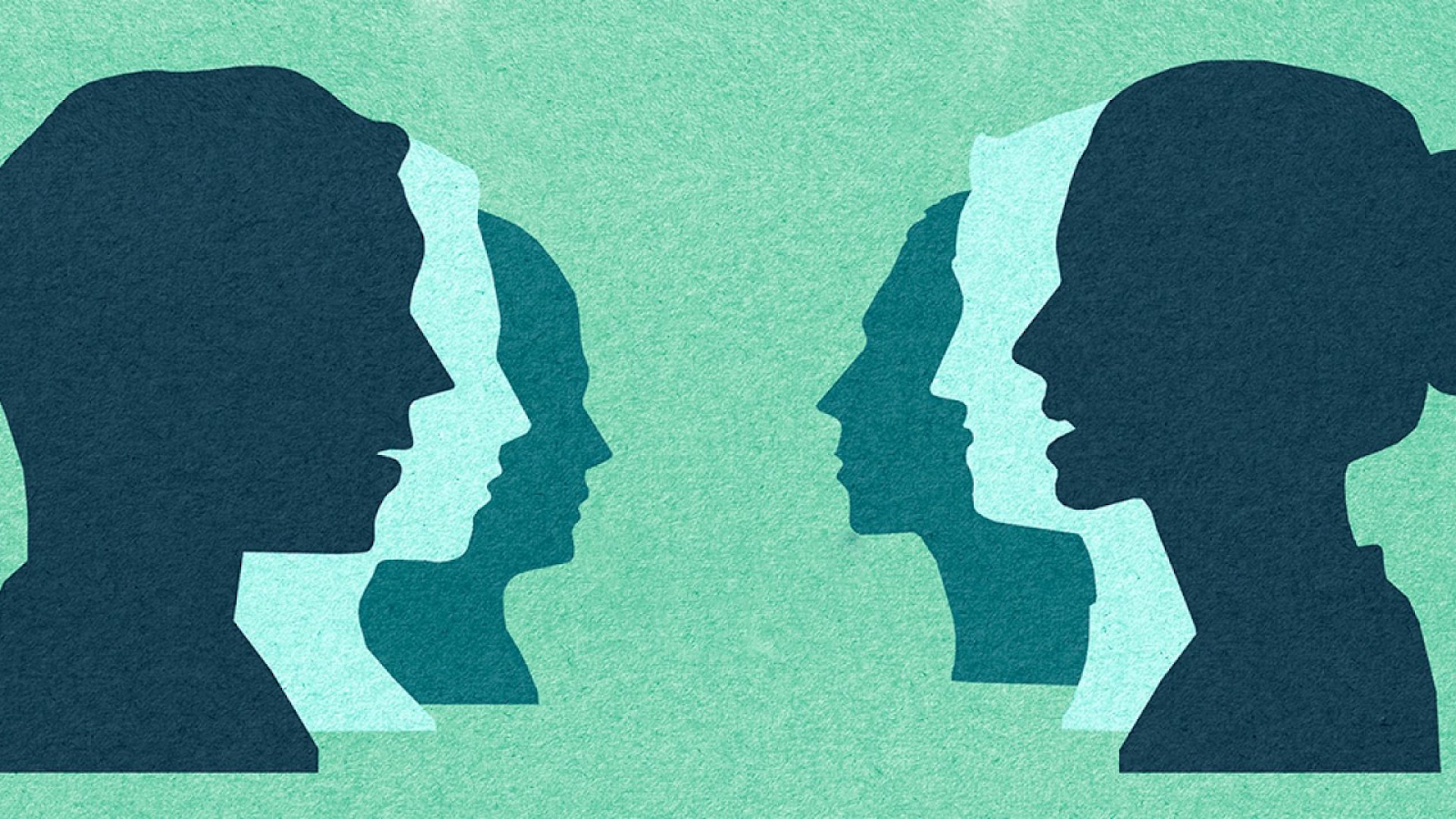How Do We Form FIRST IMPRESSIONS, and How Accurate Are They?
Hello people! Today let's explore first impressions with you! Have you ever met someone and assumed you knew everything about them right away? You're not by yourself. Although our minds are very fast at making rapid decisions, how reliable are these initial assessments? Let's explore the psychology of first impressions and how they influence our relationships.
First Impressions: What Are They?
Now, Recall your most recent encounter with a new person. What did you think of them right away? Did they avoid making eye contact or smile? Jot down a few salient insights you had and the ways in which they influenced the way you thought.
Are Initial Thoughts Always Correct?
What Effects Do Outside Circumstances Have on Our Perceptions?
Ways to Create Stronger First Impressions
Make an effort to smile at everyone you encounter throughout the day, be it a clerk, a coworker, or a stranger. Observe their reaction
Throughout the day, pay attention to your posture. Keep your shoulders back, arms relaxed by your sides, and stand straight when you greet someone for the first time.
Try to make eye contact with the other person 60–70% of the time when having a discussion. Refrain from staring as it may irritate other people.
Stay focused on the other person's words and refrain from interjecting. You can demonstrate that you're interested in what they have to say by nodding and answering correctly.
Pay more attention to listening than speaking during interactions. Nod and express interest in what you're hearing by saying things like "I see" or "That's interesting."
Pay attention to your body language throughout the day and change as necessary to maintain an approachable and open demeanor. To demonstrate curiosity while seated, keep your arms open and slant slightly forward.
How to Make a More Accurate First Impression Evaluation
Breathe deeply and slowly whenever you meet someone new, and remember yourself to have an open mind before passing judgment.
Consider whether the person's behavior may be influenced by outside variables (such as a stressful setting) if you observe a bad initial impression.
When you meet new individuals, make it a point to always ask open-ended inquiries. Inquiries like "What do you like to do when you have free time?" can provide additional insight into their character.
Consider the people you encountered and how your perceptions of them changed at the end of the day. You can improve your judgment in the future by reflecting on this.
When engaging with people, make an effort to understand their possible emotions or experiences. This can assist you in giving more accurate and sympathetic responses.
The End result
Although initial impressions can be a helpful social tool, keep in mind that they are only the start of a deeper knowledge. They offer us a brief overview, but occasionally they can be deceptive. We can create deeper bonds by remaining open-minded and getting to know people beyond those snap judgments.
Remember now that the next time you meet someone new, try to be conscious of your initial impression, but also try to find out more about them first. Observe how your view changes as you engage with additional people





Comments